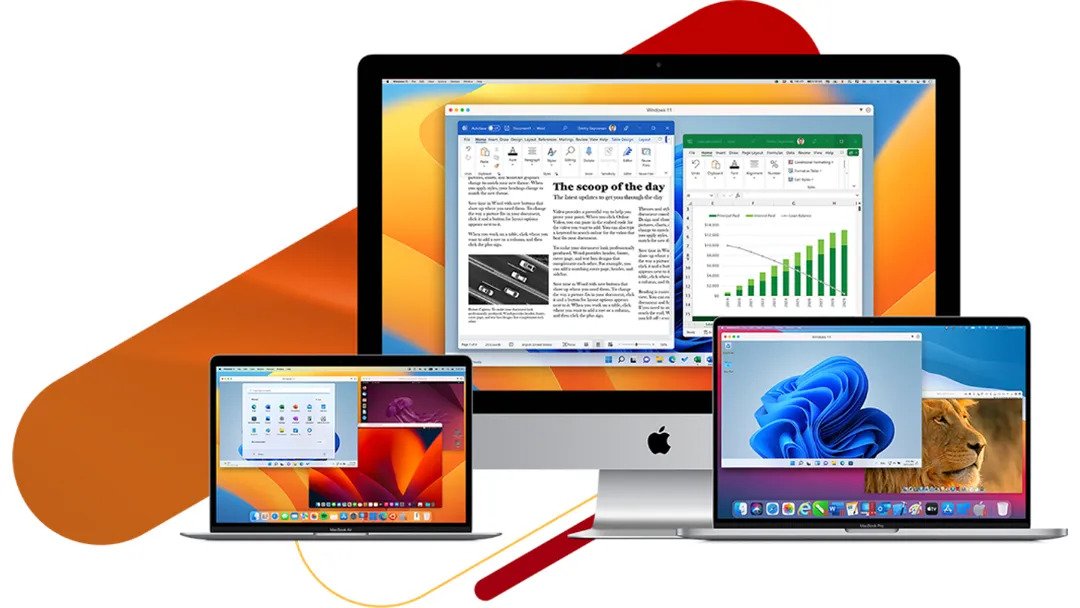Microsoft has partnered with Parallels to enable the support of Windows 11 on Apple’s M1 and M2 Macs, allowing users to run the operating system in a virtual environment. The latest version of Parallels Desktop, version 18, is authorized to run the Arm versions of Windows 11 on the latest Apple M1 and M2 Macs. While Microsoft has limitations on which CPUs can natively run Windows 11, users of the new Apple chips are permitted to run the OS in a virtual machine. However, this may not provide the best performance possible as Apple has not indicated any plans to support Boot Camp on M1 or M2 Macs.
Microsoft’s authorization of Parallels to support Windows 11 on Apple’s latest Macs is a significant development, considering that Microsoft only licensed Windows versions of Arm directly to OEMs, making it challenging for M1 and M2 users to run it officially in VM. With Parallels Desktop 18, users can download and install Windows 11 in a single click, with the complexity of Windows 11’s TPM and Secure Boot requirements being handled by a virtual TPM paired with Apple silicon.
While purchasing a Windows 10 license key and activating the Arm version was technically possible before, it was not officially licensed. Microsoft’s licensing rules regarding this issue are still not entirely clear. According to Parallels, businesses can buy a Windows 11 license through their standard Windows procurement process, while individuals can buy the $199 Windows 11 Pro license directly from Microsoft.
Alternatively, Microsoft is also offering Windows 365 Cloud PCs as an option for accessing Windows 11 on an M1 or M2 Mac. These are virtual machines hosted in the cloud with full application compatibility. However, the Arm version of Windows 11 that runs in Parallels Desktop 18 has certain limitations on the types of hardware, games, and apps that it supports. For example, drivers for hardware will only work if they are designed explicitly for Windows 11 Arm-based PCs. Similarly, certain games and apps, such as those that integrate with the Windows shell, cloud storage apps, and assistive technologies, may not run correctly.
Despite the limitations, most apps should run fine on Windows on Arm now that it has x64 app emulation. However, users may want to run the native version of Microsoft Edge as their browser because emulated apps like Google Chrome do not always perform particularly well.






Comments are closed.